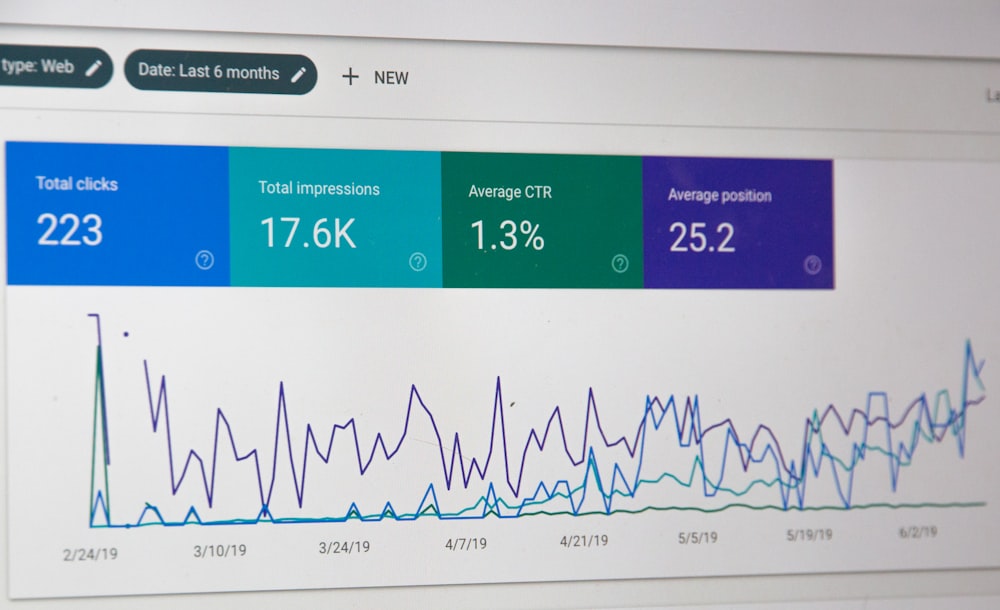
Getting contextual links requires some time and effort. But, it’s worthwhile in the long run. There are numerous benefits, such as higher keyword rankings and increased referral traffic.
Are contextual links beneficial for SEO?
It is essential to acquire relevant backlinks as part of search engine optimization (SEO). These backlinks can assist you to rank higher on Google’s SERPs and also increase the organic traffic.
Guest blogging is one way to gain contextual links. It is essential to ensure that your guest blog site is pertinent to your business and industry.
Another method to create contextual backlinks (nowlinks.net) is by using reciprocal link-building campaigns. This can be accomplished via email or on social media platforms.
Finding domains with high authority that are relevant to your target market is essential. These websites are more likely link back to your site and include your company in their articles.
Contextual backlinks are one of the 200+ ranking signals that Google employs to determine your ranking. These links assist Google to understand your website better by looking at the content, context as well as other aspects of web pages that are linking to you.
What are context-related connections?
Contextual linking is a type of backlink type that helps your website be more prominent in search results. They are considered to be more valuable than regular backlinks because they are more relevant and beneficial to a specific subject or page.
Google considers that contextual links are an affirmation of the quality of your work. They also give credibility to the source of the link and for the site that is linked to.
Natural contextual links are best and should be sourced from high-quality websites. The links you choose to include should be in content that is relevant to your business, niche, or domain.
A great way to increase the amount of traffic that your site receives and improve search engine ranking is to add more contextual links. It also helps establish your brand’s authority within your sector.
Web 2.0 Contextual Backlinks
Web 2.0 contextual links are those that are that are embedded within the text of a piece or content. These links are important since they enable search engines to identify the context for an article or other content and determine the appropriate ranking.
They’re an excellent tool to help build quality backlinks. However, they should be used in a proper manner. These methods should not be used too often. It is possible to fall victim to links-building techniques that are not legal, and could hurt your SEO efforts.
This is why you have to build quality links, and not just one or two from Web2.0 platforms. Google will not penalize websites which use white-hat links.
How do you find links that are contextual
Contextual links are among the most beneficial types of external links for search engines. They are sourced from reliable sources that have relevance to the content they’re pointing to.
Establishing relationships with domains that have significant authority is crucial for obtaining contextual links. This can be achieved through interviews and guest posts as well as other link building strategies.
If you follow these methods properly, you’ll be able to create websites with quality content that links back to yours. This will bring you more visitors and boost your site’s ranking.
Additionally, you can gain contextual links through using internal hyperlinks which are hyperlinks within your site’s content that link to other pages on your site that provide pertinent and useful information. This can help keep your readers engaged in your content and makes them more likely to come back to your site.